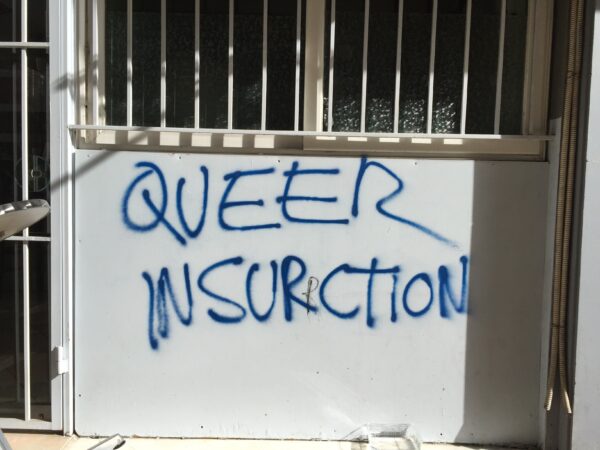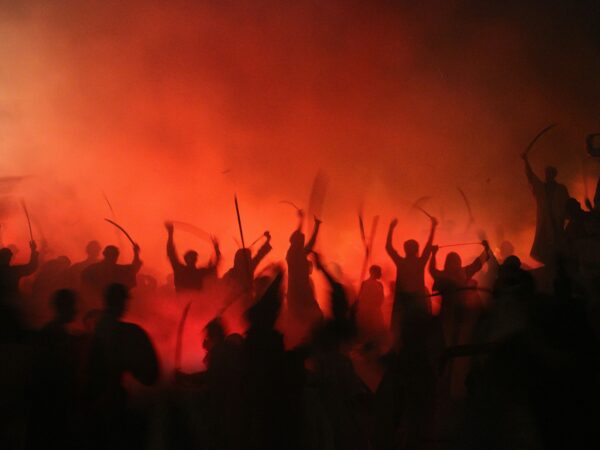
What makes this moment prophetic is that Elisha forces Naaman to experience what it is to be restricted of free access to every place. Through that restriction, Naaman learns what it means to be vulnerable and realizes how powerless people are pushed into much suffering because of restrictive laws. In the experience of powerlessness, the healing of Naaman begins.
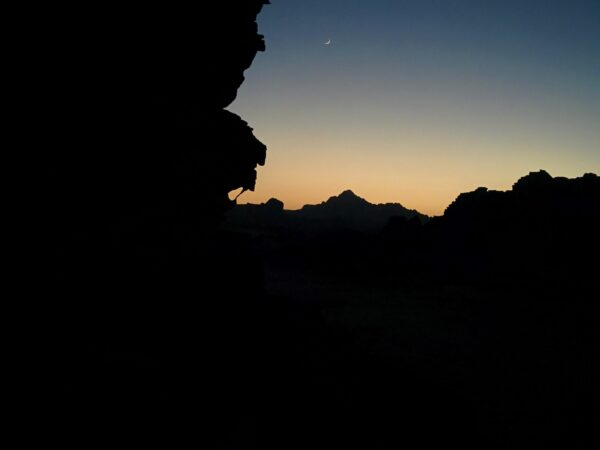
Against that paradigm of crisis–critique–historical consciousness, in which phenomena need to be given a proper categorical frame of reference to achieve the fullness of their historical meaning, this essay turns to the theological figure of “tribulation” in order to animate another tradition of thinking the difficulty of the present.

The judgment of history is a moral belief that, somehow in the long run, the good and the true will win out, since the “long arc of the universe bends towards justice.”

Joan Wallach Scott’s On the Judgment of History serves as an invitation to uncover a multiplicity of traditions, perspectives, and forms of agency that embrace discontinuity and tension while resisting closure, and the essays in this symposium function as an active experiment in precisely this type of endeavor.
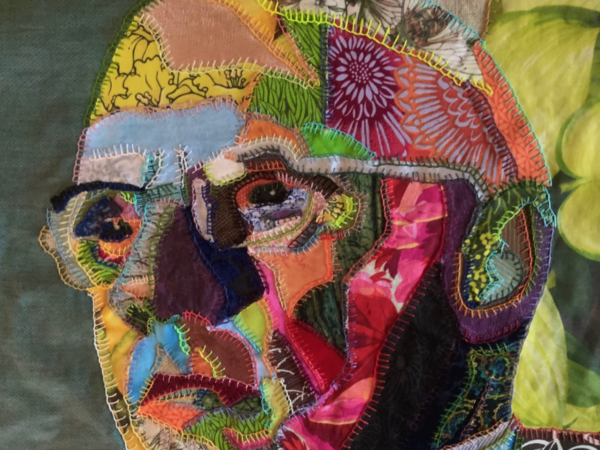
For political theology, we might find ourselves compelled by practices that seek to connect us with our ecologies, our communities, and our relations with ourselves – in ways that are more about humility and provisionality than finding cures or solutions.
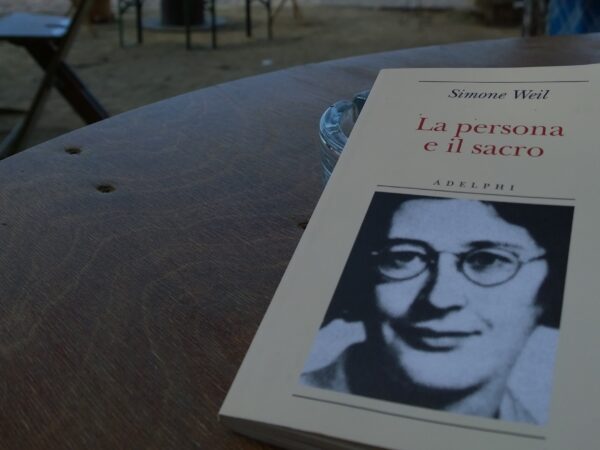
In keeping with the Center’s focus on scholarly and public engagement with issues at the intersection of politics and religion in the United States, we invite reflection on Weil that considers her thought in dialogue with religious life in the US. Please send your 500-word abstracts on Weil and political theology to Fannie Bialek and Ben Davis by November 15, 2022.
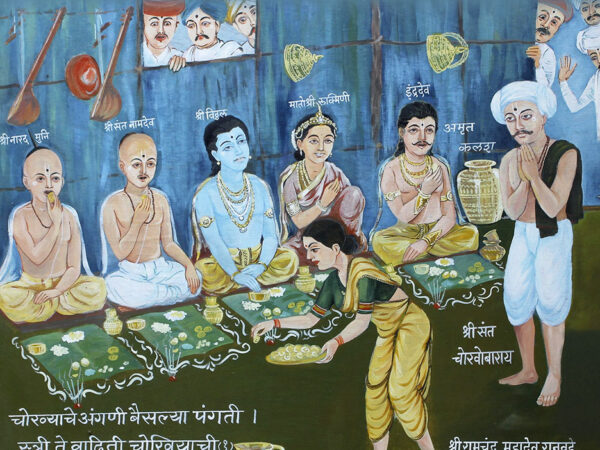
Early modern Indian saint-poets challenged the hierarchical caste-based Hindu social order by democratizing the sacerdotal ritual tradition. Food commensality was an effective means used for undertaking such democratizing processes.

Today marks the one-year anniversary of Charles Mills’ death. To commemorate his life and the 25th anniversary of his influential work, The Racial Contract, we invited scholars to respond to the question: How has The Racial Contract helped you think in new ways about the connections between religion, theology, and politics? Here are their reflections on Mills’ legacy in their own work and beyond.

People need structures to believe in, to focus their hopes and fears on – and when those structures disappear, the rupture can be disturbing, as those energies quickly get re-configured around something else.
